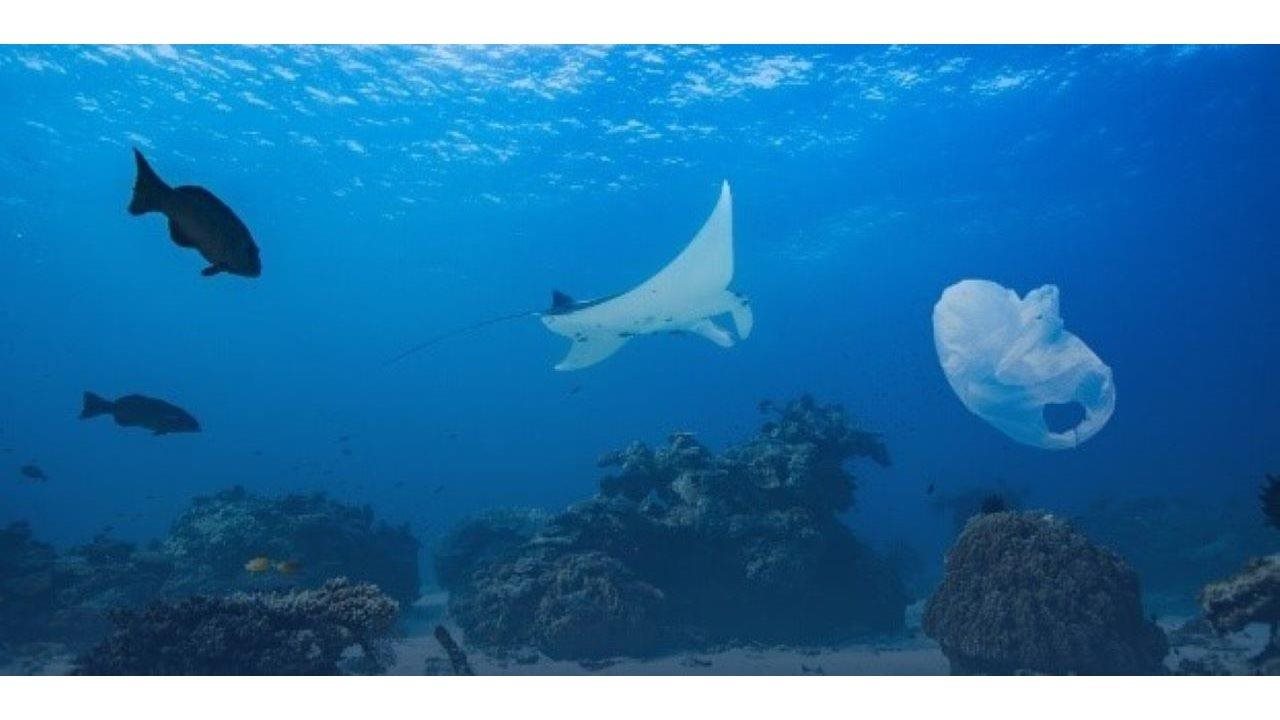
(BPT) – The world’s oceans are a magical, beautiful ecosystem … and they also need help — urgently. According to the Ellen MacArthur Foundation, by 2050, there will be more plastic by weight than fish in the ocean. Let that sink in.
You may have heard of the Great Pacific Garbage Patch — a floating island the size of the state of Texas that is made of debris. And it is growing, in no small part because of how much plastic ends up in the oceans. The amount will boggle your mind. The U.N. Environment Program reports that the equivalent of a dump truck’s worth of plastic is dumped into the oceans every minute of every day. And every one of those plastic bottles will take more than 450 years to decompose.
The enormity of it is hard to get your mind around. If it makes you wonder what you can do about it, you’re not alone.
Plastics are considered to be an essential part of day-to-day life for humans, but overuse threatens the oceans we rely on for survival. It’s called the Blue Paradox. It has grown into a movement to address the global ocean plastic crisis and preserve the environment before it’s too late.
“As plastic waste finds its way to the ocean, it impacts all of us and the vast majority of species on our planet,” said Dr. M. Sanjayan, CEO of Conservation International, a nonprofit dedicated to improving people’s lives by protecting the oceans, forests and other living ecosystems. “The Blue Paradox brings the ubiquitousness and usefulness of plastic and the permanence and scale of its pollution front-and-center, encouraging individuals and businesses alike to take meaningful action.”
SC Johnson, the maker of Windex and other home cleaning brands, is working to turn the tide on ocean plastic waste. To clean up this plastic crisis, it’s not just about individuals being committed to recycling. It’s a collective effort from all of us — individuals, businesses and governments.
The ocean plastic crisis: How you can help
The problem seems daunting, but if everyone does a little, the changes will make a big difference. Here’s what you can do today to help.
Sign the petition. With over 14 million tons of plastic waste dumped in the oceans each year, according to a 2021 report by International Union for the Conservation of Nature, the ocean plastic crisis will not go away on its own, especially when microplastics are in our food chain. Disruptive change is needed, and the solutions can be complex, but we can work together to solve the crisis. Add your voice to this important issue by signing the petition on The Blue Paradox website to help reduce plastic waste.
Sign the pledge. The Blue Paradox website also has a pledge you can take to commit to reducing your plastic footprint. Our actions today can help impact tomorrow. When you sign the pledge, you’ll be kept in the know with information about Blue Paradox’s efforts, and how you’re making a difference.
Take the quiz. Wondering about your own plastic footprint? Here’s a quiz (blueparadox.com/en/plastic-waste-crisis) to let you know for sure. Be honest with your answers, and the quiz will calculate the number of pounds per year you contribute to the plastic landscape.
Reduce your use of single-use plastic where you can. This is easier than you might think. Small, tangible actions such as avoiding single-use plastics like utensils and coffee cups, and swapping out your single-use plastic water bottles for a reusable one, can make a huge difference.
Recycle your plastic. Pop it in the bin! It has never been easier to recycle plastic. Most rigid plastics today are recyclable. One tip: Give yours a quick rinse before tossing it into your recycling bin.
Buy products made from recycled plastic. Industry can do well by doing good … if there’s a market for it. When you’re buying plastic products, look for ones made from recycled plastic. Windex bottles, for example, have been made from 100% post-consumer recycled plastic since 2015. Windex also has the industry’s first bottle made with 100% recovered coastal plastic from a major home cleaning brand. Let’s all work together to create a huge market for products made from recycled plastic and watch how quickly we clean up this problem.
If everyone — including industry — does their part, we can reduce the amount of plastics in our oceans. A little effort today can ensure a more beautiful tomorrow. For more information, visit the Blue Paradox website at https://www.blueparadox.com/.
